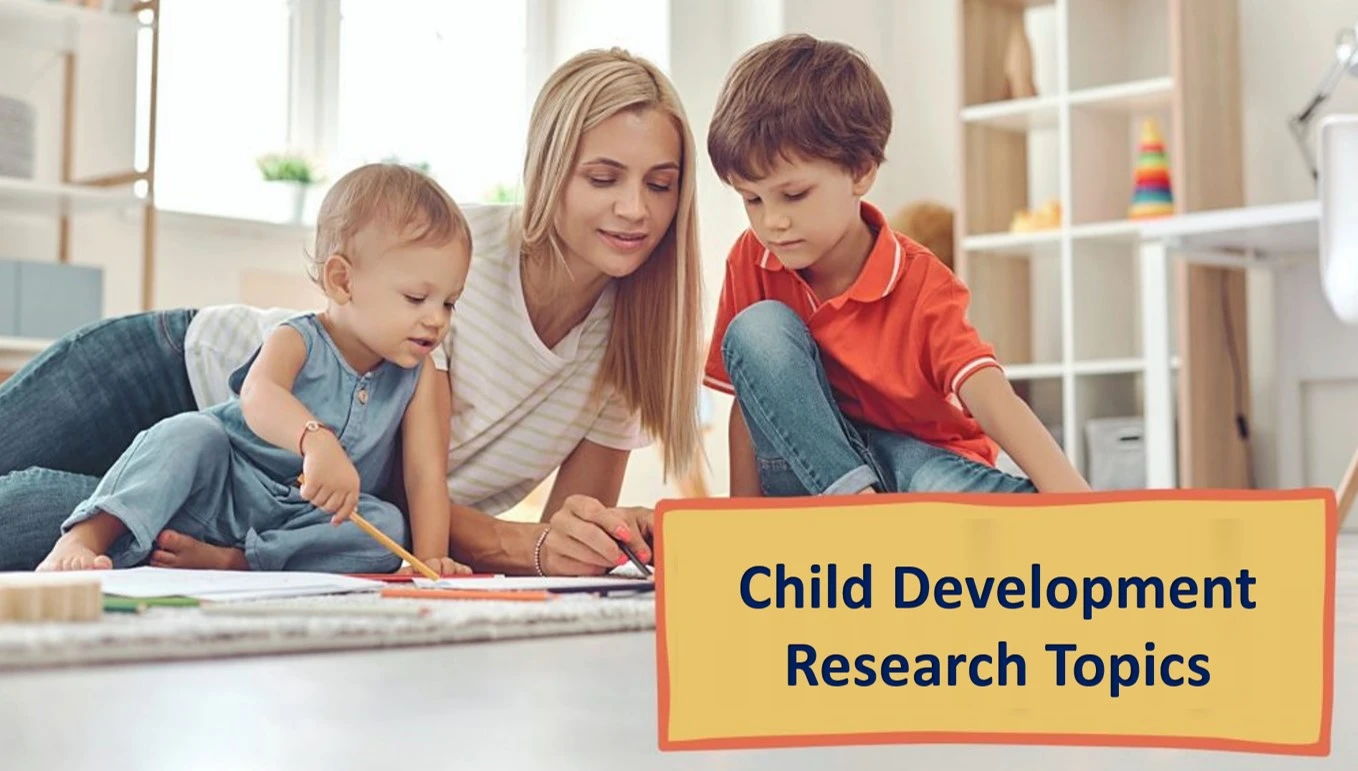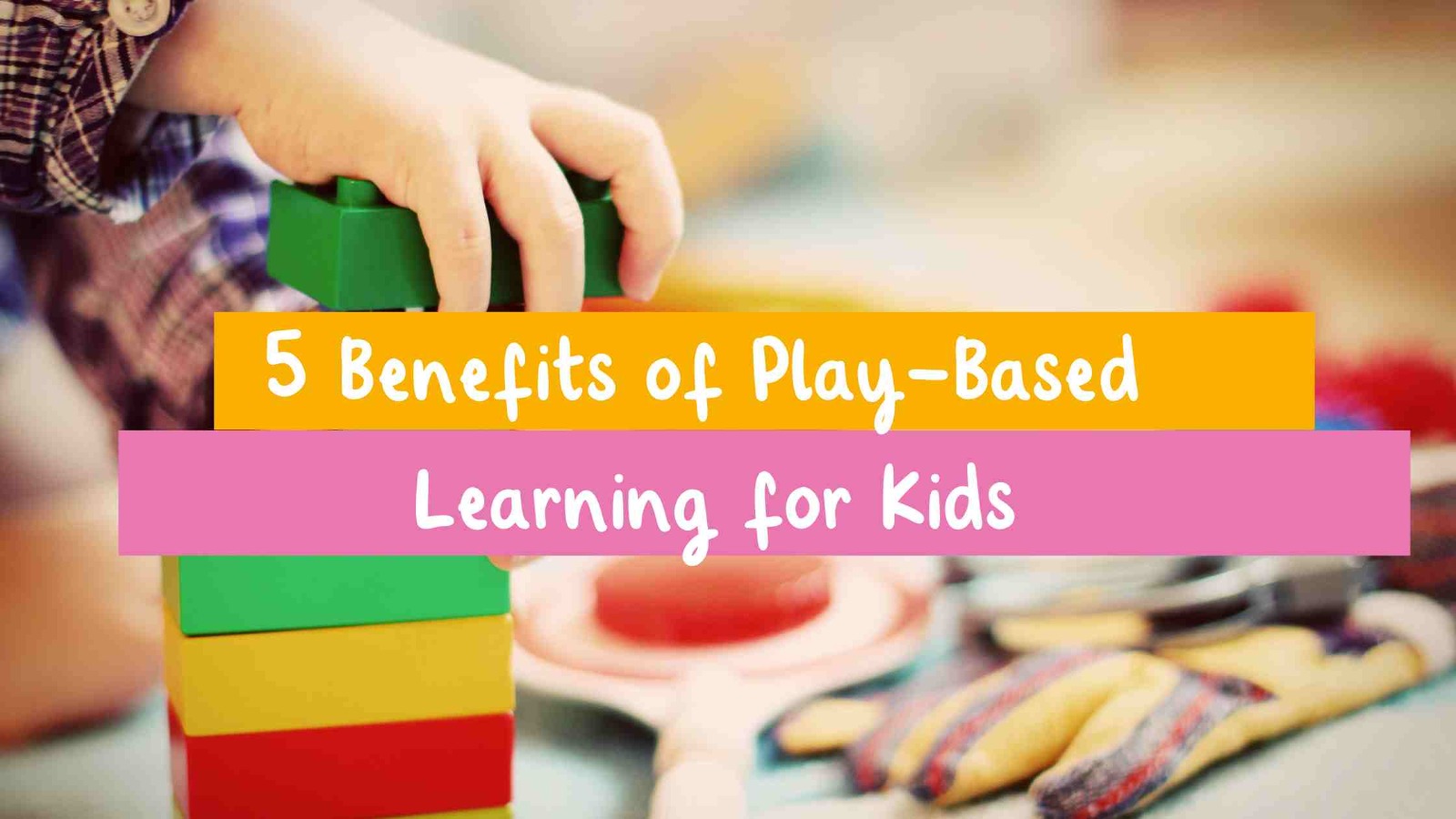New Ideas for Investigating Current Trends in Child Development
Looking for the latest research topics in child development? Whether you're a parent, a teacher, or a student, this guide provides an in-depth look into current trends and innovative ideas for exploring the field of child development.
Child Development Research Topics List
- The impact of the COVID-19 pandemic on child development: A longitudinal study of cognitive, social, and emotional development.
- The effects of different types of parental involvement on child development outcomes.
- The role of early childhood education programs in promoting school readiness and academic achievement.
- The impact of screen time on cognitive development in young children.
- The effects of sleep on child development outcomes: A longitudinal study.
- The relationship between early childhood stress and later mental health outcomes.
- The effectiveness of interventions to improve language development in children from low-income families.
- The impact of parenting style on child emotional regulation and behavior.
- The effects of peer relationships on adolescent mental health outcomes.
- The influence of genetics and environment on child development: A twin study approach.
- The relationship between play and child development outcomes: A qualitative study.
- The impact of bilingualism on cognitive and academic outcomes in children.
- The effects of early childhood nutrition on cognitive and physical development outcomes.
- The impact of technology use on social development and behavior in adolescents.

Here we describe some interesting and relevant Child Development research topics and take resources to build your own research project or childcare assignments.
Explore the Potential of Artificial Intelligence in Assessing Child Development
Artificial intelligence (AI) has revolutionized the way researchers measure and assess child development. AI-based technologies such as machine learning and natural language processing can be used to identify patterns in children’s behavior, which is essential for understanding development over time. AI also allows researchers to gain greater insights into a child’s emotional and cognitive state, providing valuable information about how a particular environment is influencing a child's development.
Investigate the Connections between Early Language and Later Mental Health Outcomes
One of the most interesting connections to explore is between early language development and later mental health outcomes in children. Researchers have found that the mastery of sophisticated verbal skills at an early age can have a huge impact on how a child develops emotionally later in life. Using AI-based technologies, researchers can track how children use language over time and measure how this affects their subsequent mental health development. This kind of research could lead to new insights into how social ability stemming from language attainment contributes to overall well-being.
Analyze the Effect of Parental Workload on Child Development Outcomes
Parental workload is an important factor in the development of children. Research indicates that a large parental workload could potentially lead to increased stress levels, which could have a negative impact on child development outcomes. By studying how parental workload affects the physical and mental health of their child, researchers can better understand how best to support parents who are struggling with balancing multiple demands. Investigating this effect could help researchers uncover strategies for mitigating potential negative impacts on children's development resulting from high levels of parental stress.
Examine the Impact of Digital Technology on Childhood Socialization
Digital technologies such as smartphones, tablets, and video games have been hugely popular among children in recent years. However, there is little research on the impact of these technologies on childhood socialization. Researchers must assess how digital technology use affects children's relationships with family and peers, their communication skills, and their development of healthy habits. Examining this effect could help parents and caretakers better understand the implications of digital media use on child development. Additionally, it may help inform educators who can tailor classroom activities to best support the needs of tech-savvy children.
Evaluate Nutritional Interventions to Support Cognitive Development in Young Children
The proper nutrition of children is essential to their overall health and wellbeing. Nutrition can also have an effect on cognitive development, including areas such as language acquisition, problem solving and memory. To explore this relationship between nutrition and cognitive development, researchers can study the impact of nutritional interventions such as improved access to healthy food or supplementation with essential vitamins. This research could provide insights into the role that nutrition plays in cognitive performance in young children. Additionally, it may result in important public health recommendations to promote healthier eating habits among children.
Read More: List of Food Research Paper Topics



